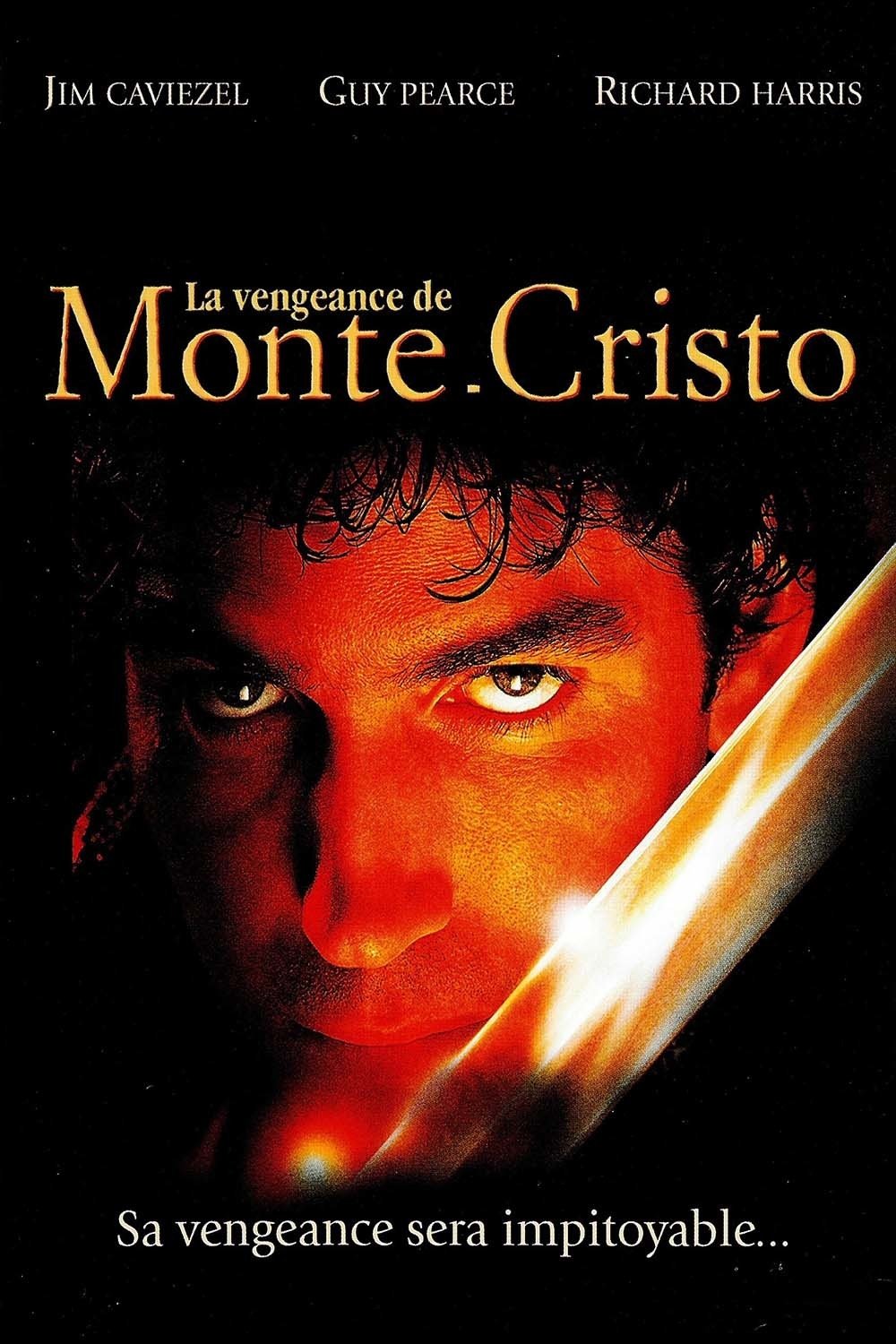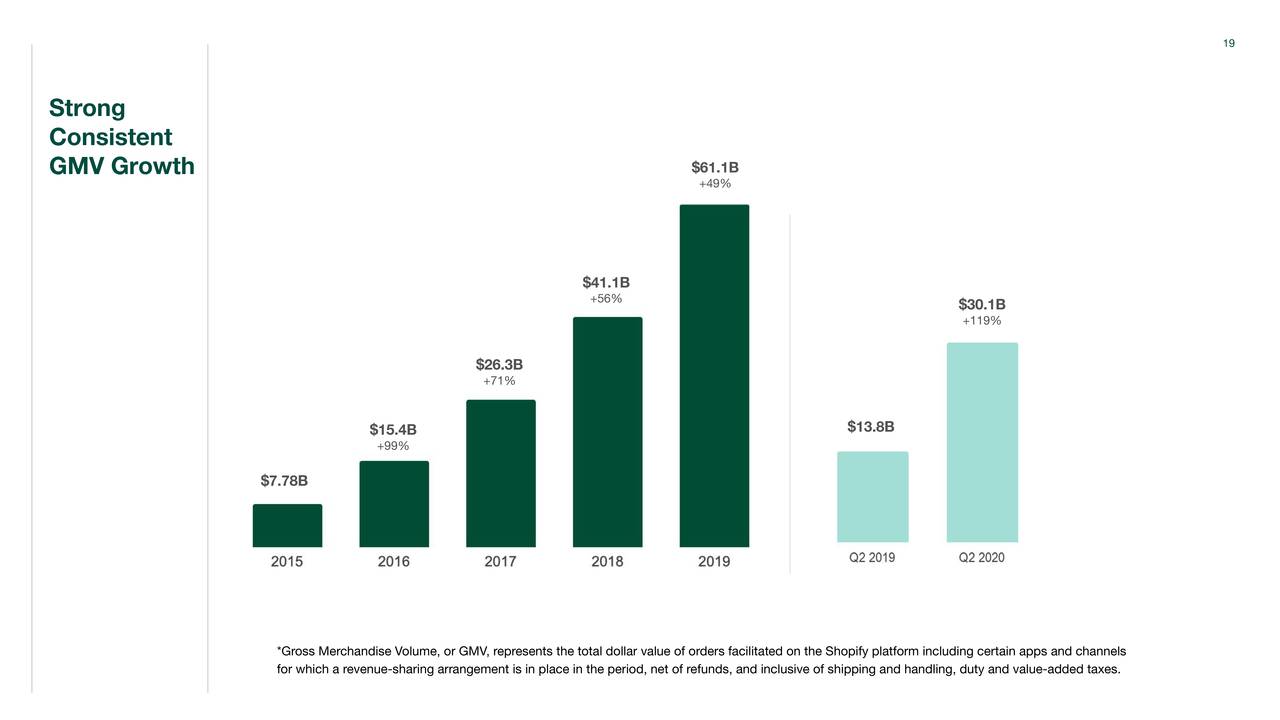A Modern Look At The Count Of Monte Cristo: A Review

Table of Contents
The Enduring Power of Revenge in The Count of Monte Cristo
The central theme of revenge in The Count of Monte Cristo is undeniably powerful. Edmond Dantès, wrongly imprisoned and robbed of his happiness, dedicates his life to meticulously orchestrating the downfall of those who wronged him. This pursuit of vengeance, however, is far from simple.
-
The Destructive Nature of Revenge: The novel masterfully portrays the destructive nature of revenge, showing how it consumes Edmond, twisting his personality and leaving a trail of collateral damage. His quest for retribution ultimately leaves him isolated, even as he achieves his goals.
-
Moral Ambiguity: Edmond's actions are morally ambiguous. While we sympathize with his initial suffering and desire for justice, the lengths he goes to are often brutal and unforgiving. This ambiguity forces readers to confront complex questions about justice, morality, and the human capacity for both good and evil.
-
Psychological Toll: The psychological toll of revenge is significant for both Edmond and those around him. Edmond's obsessive pursuit of vengeance isolates him, while his actions inflict deep emotional wounds on his victims and their families. The novel doesn't shy away from portraying the suffering caused by revenge, both intended and unintended.
-
Contemporary Relevance: The theme of revenge continues to be highly relevant in modern society. From popular culture narratives—think of countless films and television shows focused on revenge plots—to real-life instances of retribution, the desire for revenge remains a potent human force, sparking crucial conversations about justice, forgiveness, and the cyclical nature of violence.
Characters and Their Modern Relevance in The Count of Monte Cristo
The compelling characters of The Count of Monte Cristo are central to its enduring appeal. Their complexities and flaws make them relatable, even across centuries.
-
Edmond Dantès: The Relatable Anti-Hero: Edmond's journey from an innocent young man to a calculating Count is a compelling exploration of human resilience and the corrupting influence of power. Modern audiences can easily identify with his initial sense of injustice and his subsequent struggles with identity and morality.
-
Fernand Mondego and Danglars: The Villians: Fernand Mondego's envy and ambition, and Danglars' avarice and betrayal highlight the dark side of human nature – themes still resonant today in stories of corporate greed and political backstabbing.
-
Mercédès: A Woman Caught in the Crossfire: Mercédès's choices and suffering demonstrate the devastating consequences of societal expectations and the impact of betrayal on relationships. Her story offers a nuanced female perspective within the context of 19th-century society, a detail that modern readers can still appreciate.
-
Modern Interpretations: A modern audience might interpret the characters' motivations and actions through a more critical lens, examining them within the frameworks of contemporary understandings of class, gender, and power dynamics. This allows for rich discussion and multiple interpretations of the narrative.
The Novel's Social Commentary and Its Contemporary Resonance
The Count of Monte Cristo is more than just a thrilling revenge story; it's a sharp social commentary. Dumas masterfully portrays the social injustices, corruption, and class conflicts prevalent in 19th-century France.
-
Enduring Social Issues: The themes of social injustice, political corruption, and the abuse of power are sadly still relevant today. The novel’s exploration of these issues provides a timeless perspective on how societal structures can perpetuate inequality and suffering.
-
Betrayal, Ambition, and Societal Structures: The novel examines the devastating consequences of betrayal, the corrupting influence of unchecked ambition, and the inherent flaws within societal structures. These issues remain prevalent today, prompting reflections on how similar forces operate in contemporary contexts.
-
Contemporary Parallels: Readers can easily draw parallels between the political intrigue and societal inequalities depicted in the novel and current events. The narrative’s exploration of themes such as wealth disparity, corruption, and the manipulation of power resonate deeply within our modern understanding of global politics and socio-economic inequalities.
Adaptations and Interpretations of The Count of Monte Cristo
The enduring popularity of The Count of Monte Cristo is evident in its numerous adaptations across various media.
-
Modernizing the Classic: Film, television, and stage adaptations have modernized elements of the story, sometimes updating the setting or altering certain character arcs to resonate more strongly with contemporary audiences.
-
Diverse Interpretations: Different adaptations highlight different aspects of the story, offering unique perspectives and interpretations of the characters and themes. Some prioritize the romance, while others emphasize the action or the political machinations.
-
Continued Popularity: The variety of successful adaptations—from the classic 1934 film version to recent television series—demonstrates the story's enduring power to captivate audiences across different eras and cultural contexts.
-
Examples of Successful Adaptations: Specific examples, such as the 1998 miniseries and the 2002 film adaptation starring Jim Caviezel, show how the story can be successfully reinterpreted for a modern audience while retaining the core elements that make it so compelling.
Conclusion
The Count of Monte Cristo remains a powerful and relevant work of literature, its themes of revenge, justice, and social commentary resonating deeply with modern readers and viewers. The novel's exploration of the human capacity for both good and evil, its nuanced characters, and its insightful social critique continue to captivate and challenge us. Rediscover the gripping narrative and powerful themes of The Count of Monte Cristo today! Dive into this classic tale of revenge and experience its enduring power for yourself. Whether you choose to read the original novel, watch a film adaptation, or explore other related works, you're sure to be captivated by this timeless story of Edmond Dantès and his quest for justice.

Featured Posts
-
 Davlenie Na Rossiyu Usilitsya Makron Dobilsya Dogovorennosti S S Sh A Po Ukraine
May 04, 2025
Davlenie Na Rossiyu Usilitsya Makron Dobilsya Dogovorennosti S S Sh A Po Ukraine
May 04, 2025 -
 How The New Shopify Lifetime Revenue Share Affects Developers Earnings
May 04, 2025
How The New Shopify Lifetime Revenue Share Affects Developers Earnings
May 04, 2025 -
 Emma Stones Oscars 2025 Look A Bold Sequin Louis Vuitton Dress And Retro Hairstyle
May 04, 2025
Emma Stones Oscars 2025 Look A Bold Sequin Louis Vuitton Dress And Retro Hairstyle
May 04, 2025 -
 Solid U S Job Numbers For April 177 000 Jobs Added 4 2 Unemployment
May 04, 2025
Solid U S Job Numbers For April 177 000 Jobs Added 4 2 Unemployment
May 04, 2025 -
 Vitoria Do Corinthians Sobre O Santos Analise Do Jogo 2x1 Com Neymar Discreto
May 04, 2025
Vitoria Do Corinthians Sobre O Santos Analise Do Jogo 2x1 Com Neymar Discreto
May 04, 2025
